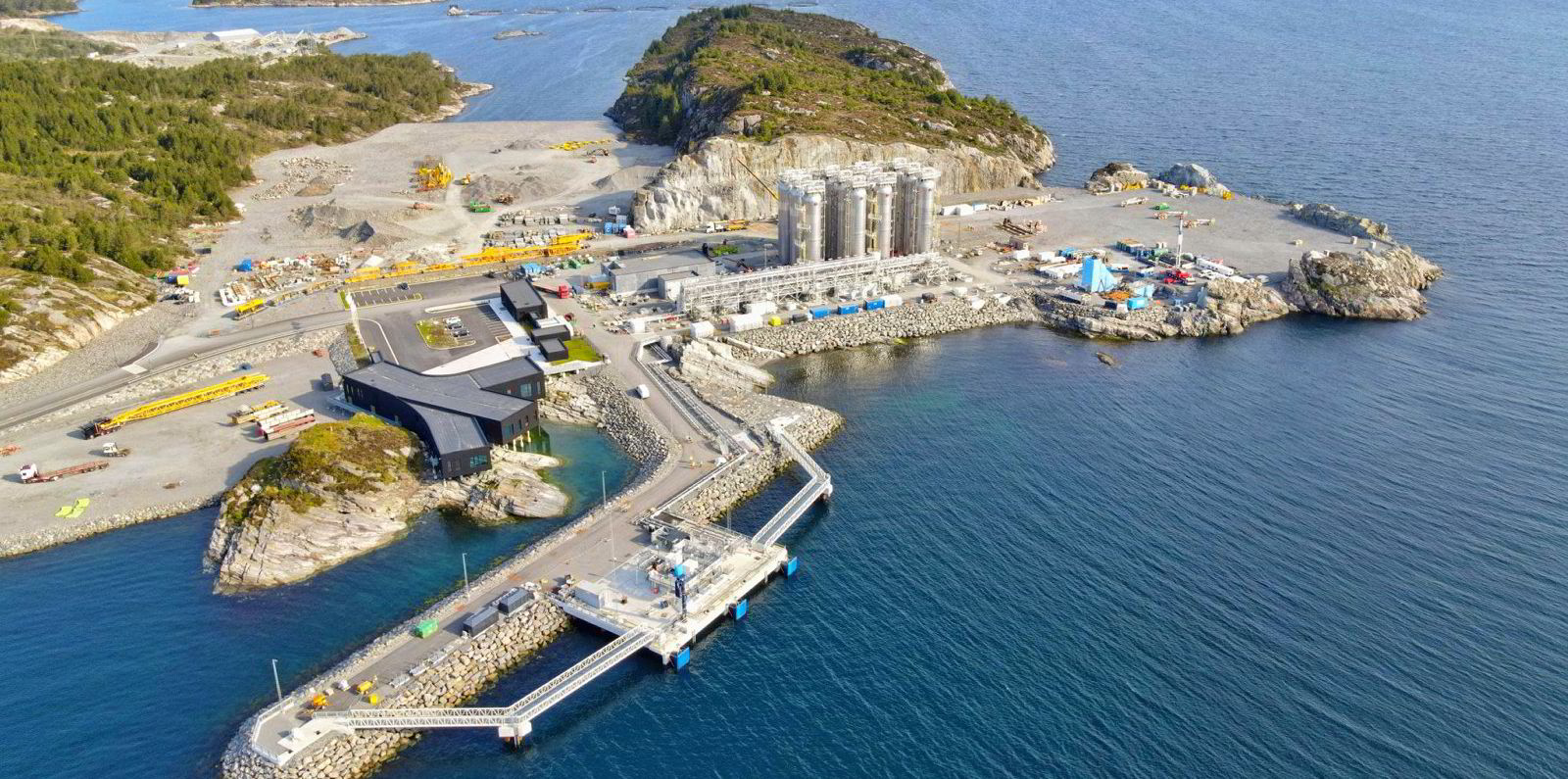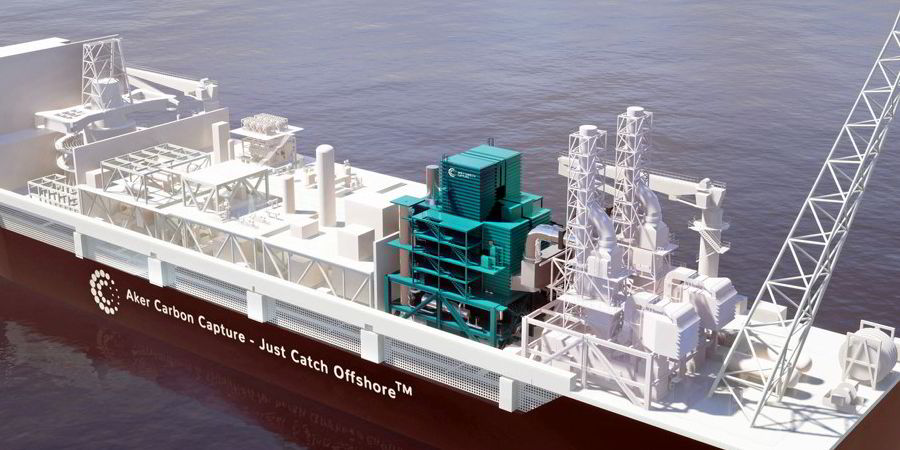Yara International says a carbon capture system to be installed at one of its Netherlands production facilities will ship 800,000 tonnes of CO2 to Norway for sequestration annually.
Yara said it will invest €200m ($218m) in carbon capture and storage (CCS) at its Sluiskil ammonia and fertiliser facility in the Netherlands and has signed a binding agreement with Northern Lights in Norway for transportation and eventual storage under the continental shelf.
It expects to ship up to 12m tonnes of CO2 over 15 years to temporary storage at Oygarden near Bergen, before it is pumped via pipeline under the North Sea. The project partners said export of the CO2 will start in 2025.
Yara said the CCS project is part of its strategy to move towards blue and green ammonia production.
It is also assessing converting ammonia production plants in the US by investing in CCS.
The company said it may need to consider a minority divestment of Yara Clean Ammonia — its subsidiary focused on delivering green and blue ammonia to the shipping and other hard-to-abate sectors — to fund its plans.
Ammonia is produced by combining hydrogen and nitrogen through what is known as the Haber Bosch process.
The hydrogen comes largely from natural gas, a process that creates carbon dioxide among its emissions. If this gas is collected and sequestered or reused, the hydrogen is labelled blue hydrogen, and the ammonia it is used to make is blue ammonia.
Green hydrogen made through electrolysis of water using green electricity produces green ammonia if the energy for the Haber Bosch process comes from green electricity.
Yara and Northern Lights claim this contract to be the first commercial international cross-border contract for CO2 transportation.
However, a smaller project was launched earlier this year to ship CO2 in container tanks on board an offshore vessel from an Ineos chemical plant in Belgium to a converted gas reserve off the Danish coast. The Greensand project was seen as the first time two littoral countries in Europe had demonstrated cross-border CO2 shipments.
Some legislative hurdles need to be overcome to increase cross-border shipments of CO2, which is considered a waste stream and is bound by the Convention on the Prevention of Marine Pollution by Dumping of Wastes & Other Matter 1972, commonly known as the London Convention.
Following a rewrite of the convention — the London Protocol — amendments have been agreed to allow the transborder shipment of CO2 for storage, but few countries have ratified these amendments. This is set to be discussed at the International Maritime Organization, especially as onboard carbon capture systems are being developed for shipping.




